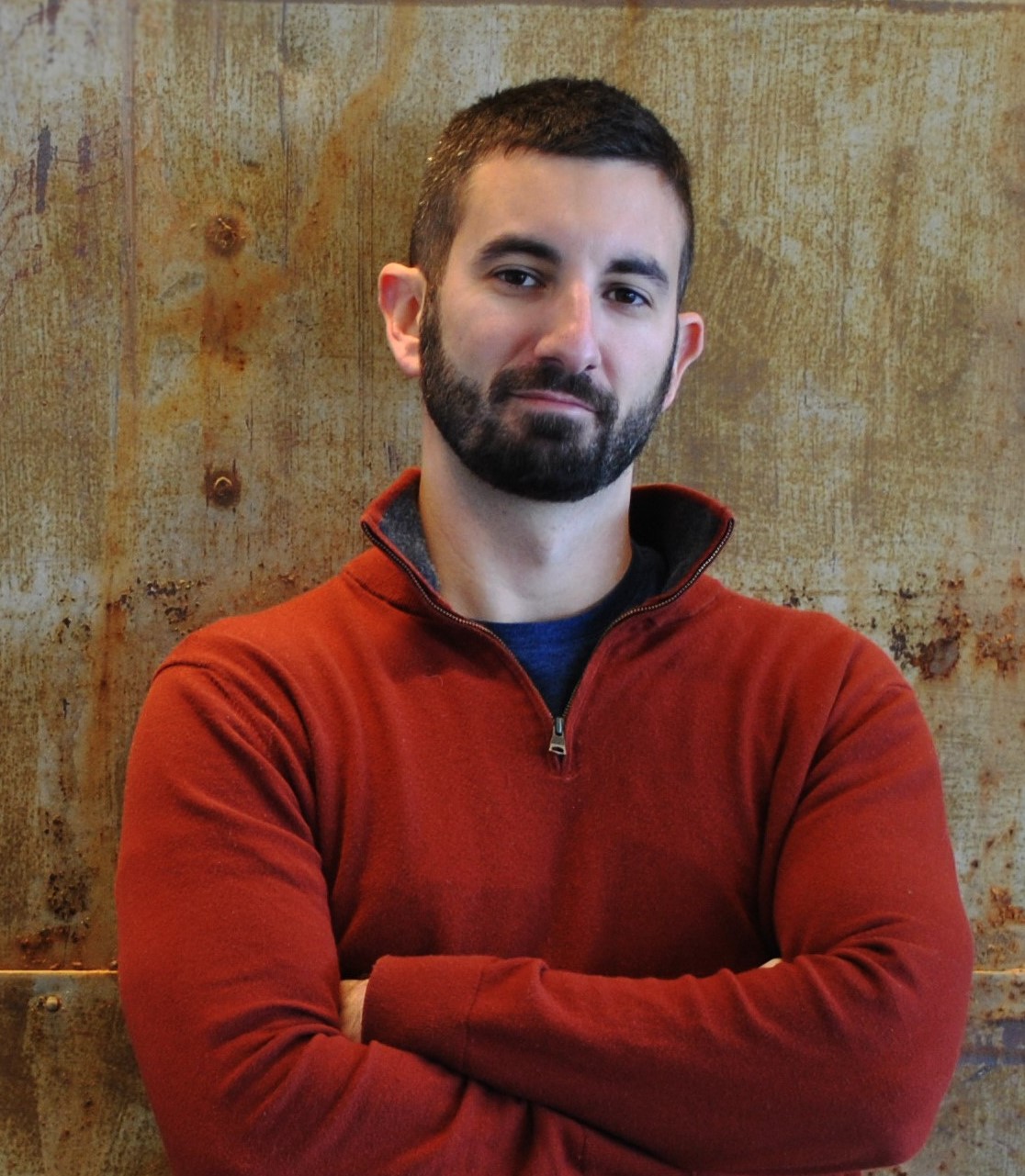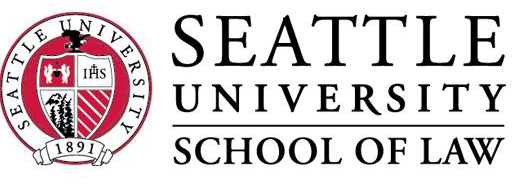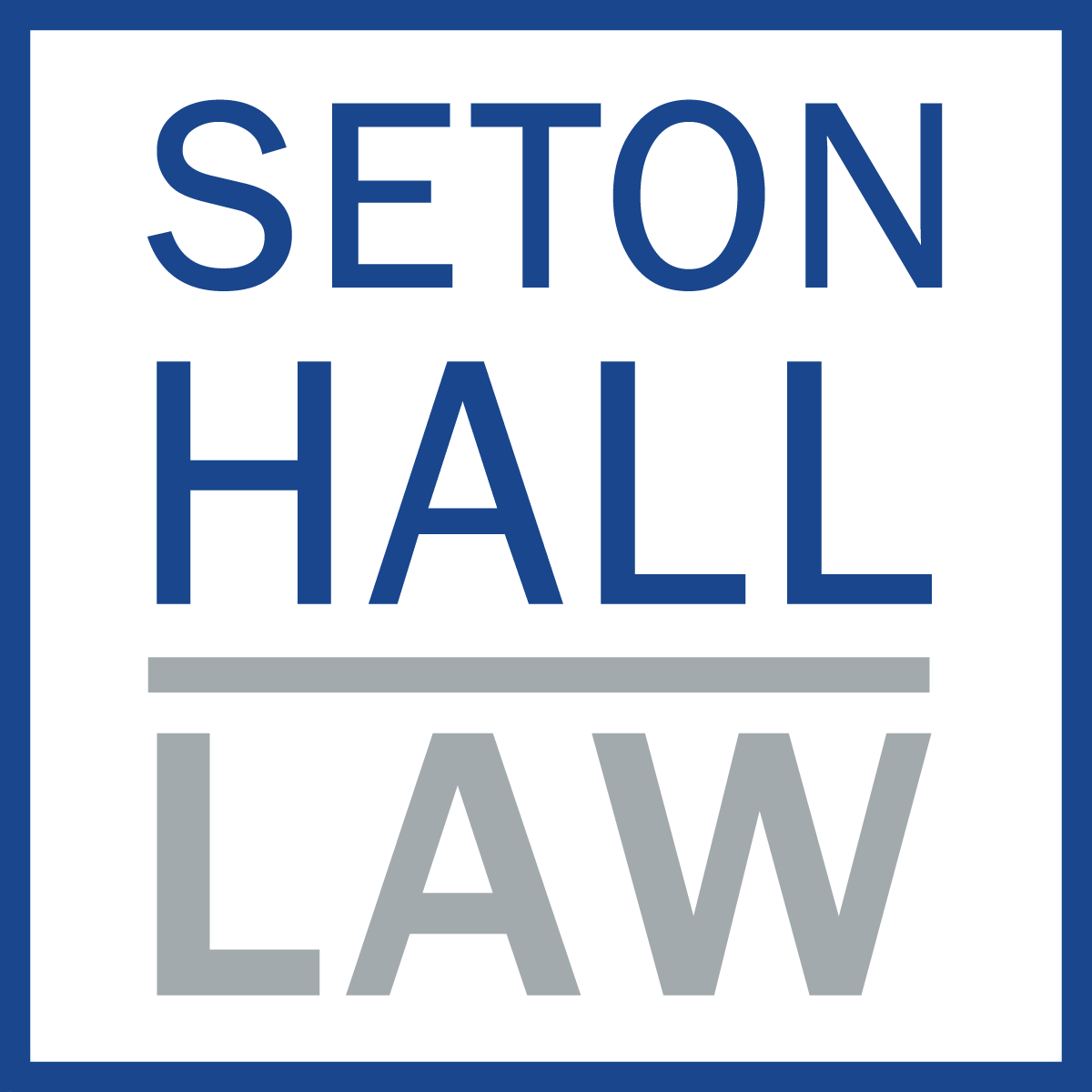Holistic Community Care: Legal Services for Low-Income, HIV/AIDS-Affected Individuals
JR Thomas, a client attorney at a community services nonprofit, Birmingham AIDS Outreach (BAO), that provides multifaceted services to individuals living with HIV and AIDS. Beyond healthcare and social work, BAO provides vital pro bono legal services that cover a broad spectrum of issues. JR specializes in domestic relations legal work, but because all of his time is pro bono, he can spend time helping clients with ancillary matters such as finding housing. Despite the emotional weight of his work, JR loves it because he never knows what's coming next. As long as his clients feel comfortable and supported throughout their legal journey, he's confident he'll find a way to serve them. JR Thomas is a 2019 graduate of Samford University's Cumberland School of Law.
Transcript
Kyle McEntee:
We're joined today by JR Thomas, Client Attorney at Birmingham AIDS Outreach, BAO, an organization that provides a range of services to people living with HIV and AIDS, including pro bono legal services. JR, can you talk about the services your organization provides and to whom?
JR Thomas:
BAO provides healthcare services, social work services, services for pets. We have counselors on duty. We have social workers that help people get resources and work with clients to get housing, maintain public benefits. A wide range of services, almost like a holistic one -stop shop.
Kyle McEntee:
So basically you've got this group of people, people with HIV or AIDS, and they've got a variety of challenges and the organization is there to help them overcome those challenges.
JR Thomas:
That’s a good way to put it.
Kyle McEntee:
So some of those additional services that your organization provides, it's where you come in, and those are legal services. So what's the kind of legal work that your organization's doing?
JR Thomas:
A broad range of things that someone low income without other resources would encounter. We handle all kinds of cases except for standard criminal defense, tax, and immigration. A lot of the work that I do is focused on domestic relations. I see a lot of clients that are married that haven't seen their spouse in many years, and they may have never thought to get divorced until it has affected their eligibility for benefits.
We also help clients reinstate their driver's license, maybe suspended for old fines that they were unable to pay. We assist clients with getting on disability, basic estate planning, wills, advanced directives, powers of attorney, and housing. We do a lot of housing, landlord-tenant issues.
Kyle McEntee:
So it's such a wide array of legal services that your organization provides. How big is the legal portion?
JR Thomas:
So we have three attorneys total. We have our supervisor, he is the director of legal programs, and then myself and one other client attorney.
Kyle McEntee:
That’s actually pretty significant for a community non-profit. Can you talk a little about the onboarding? In other words, how do you find the clients or how do they find you?
JR Thomas:
The way I get a client is a client that’s been a client of BAOs for a while, or a new client of the organization’s. Once they go in for their monthly check-in or six-month update, their social worker that's assigned to their case that day will ask them if there's any legal issues they have. And they will say, my license is suspended or I'm about to have a big surgery and I need a living will. Depending on their legal issue that they tell the social worker, then the social worker will schedule them a meeting with me or one of my colleagues.
So when they actually get to me for the appointment, I will go through that issue with them. But a lot of times what I see is my clients have other issues that they don't even know are issues. For example, anytime I have a client that is getting divorced, once we get the final judgment of divorce, then our next legal appointment is to either draft a will or to update the will.
Kyle McEntee:
And since they're not paying you, it's not like you've got an incentive to just pile on legal issues. You're just trying to help.
JR Thomas:
Right. It doesn't matter how many hours we bill, we don't get an extra salary. But it’s beneficial to our client. Recently I had a client that needed assistance finding new housing. I was able to work with this client and research housing opportunities for this client based on their budget and funding that was available to them that, if I were in private practice, it wouldn't…For one, if I have a client that was facing homelessness, they obviously wouldn't be paying me. But, if they were, then I would say, you need to find somebody else to do this because it's a lot cheaper. You don't need to pay me.
It's nice to be able to work with clients and be able to help them, guide them to other resources they need without having to tell them no and just email them and tell them, “Hey, you need to reach out to this person or this person.” And a lot of clients need that. It's not enough to just say, “Here, go do this.” It's better to say, hey, you come in, we're going to do this together. It gets done. The issue, if it's not resolved, then we're making progress to getting it resolved.
Kyle McEntee:
So how do the clients react to these suggestions of additional services?
JR Thomas:
They're very thankful. But I would say surprised because they don't understand. I can kind of see where it's hard. You walk in to talk to me about a divorce and then you leave with me telling you, you potentially have other issues. And they're like, “No, I don't. that hasn't affected me. That's not an issue.”
Kyle McEntee:
So your practice is like a real life issue spotting exercise every day. Are you ever worried you're missing anything?
JR Thomas:
All the time. The other two attorneys that I work with are fantastic. The great thing about our legal program is we all have our little areas that we really enjoy and that we've done for a while. Neither of them like domestic relations work. I love that work. That's all I did in private practice. I know what I'm doing and I feel good about it. If I have a eviction case, I am blank stares and I go straight to my colleague that handles a lot of the housing issues and talk through those issues with her. But that also goes back to our scheduling. The social worker that schedules our client meetings with legal, tries to schedule those based on the issue. A lot of our clients overlap and so they may need to see all three of us, but we just collaborate and work together.
Kyle McEntee:
So you mentioned that you just really love the domestic relations work. What is it about it that kind of makes you smile as you're doing right now?
JR Thomas:
So when I got in private practice and I only handle domestic relations cases, I'm dealing with people's money and their kids. To me it doesn't matter what kind of boundaries you have you can't really turn it off and so I worked all the time, because I wanted to be good and know what I was doing. I will admit I enjoyed the messy parts of it sometimes as well. I do. And I don't mean that I don't enjoy people going through that. But I think, a divorce case is not going to be boring. Hardly ever. You're not seeing the same thing over and over.
Kyle McEntee:
I think as a client, you want an attorney who is engaged, right? And not judging. And if you can balance the engagement and lack of judgment, I think that facilitates a really great attorney-client relationship.
JR Thomas:
Yes. And that's very important because in a divorce case where people, may have done things in the privacy of their home and they're worried that may be exposed. I don't know that I could trust a divorce lawyer that I couldn't really talk to because then I can't be honest with them. I come from a customer service background. So as a lawyer, that was always my goal to establish a good relationship. I needed my client to tell me everything., I never want to go in a courtroom and something come out about my client that I have no idea about because then I can't do any work to really mitigate it.
Kyle McEntee:
How do you get the clients to trust you enough then to make sure that you're never surprised? You've such a vulnerable population you're dealing with too, I feel like it's got to be twice as hard.
JR Thomas:
It is harder now. You can't force that. That's just something that you really have to develop over time. I haven't had many cases yet where, I was in court for a client that I hadn't established a relationship. But I think in the event that that were to happen, you just have to do your best to make sure they understand the consequences of not being forthcoming and for them to know that I can only help protect them if they can trust me.
Kyle McEntee:
And that's the case, whether it's private practice or BAO, right? It's the same kind of trust you need.
JR Thomas:
Absolutely. And I think the difference in private practice and working in nonprofit is, when I was in private practice, if a client didn't like me, they could fire me. If they didn't trust me, they could go elsewhere. Most of the cases I'm in court on at BAO are divorce or domestic relations cases. I think some of my clients expect a certain standard. I don't think they come in expecting somebody that really is going to do a lot of work. It's always a really good feeling to leave court and a client hug you and just say, you know, “I wasn't expecting that, or I didn't know you were going to work like that.”
Kyle McEntee:
So we've been talking about your private practice work for a little bit now. You were doing private practice for three and a half years, also handling domestic relations issues. Now I would consider that public interest work as well. But public interest work for a nonprofit can be quite a bit different beyond the legal elements and the stakes. What made you make that jump?
JR Thomas:
Well, domestic relations could be considered public interest in how the pay scale is for domestic relations lawyers in comparison to lawyers at big firms that do not so personally-impactful work. I worked in public interest all through law school in the summers. When I graduated, I intended on going into public interest, but I kind of fell into private practice. I really enjoyed my time there, but I knew at some point I would probably go back to public interest.
And so this opportunity came up at BAO. I knew some of the lawyers there. I did some volunteer work with them. So I reached out to two of the lawyers there, kind of pick their brains and they were both very receptive to speaking to me. Both said they thought I'd be a good fit and so I applied.
Kyle McEntee:
So were you worried that it was going to be lower pay than you'd been making in private practice?
JR Thomas:
I mean, that was one of the concerns, but that was kind of resolved pretty early on. I should buffer this by saying a lot of domestic relations firms in my area are small. And I think that's by design. You know, you can't really have a huge firm of domestic relations lawyers because then there's always going to be conflicts. Like, you got to have other people to represent opposing parties.
So the benefits that I had in private practice were probably not really comparable to lawyers in these bigger firms or mid-size firms. The pay is not gonna be the same as like if you're at a big firm, but also in private practice, I wasn't making so much money that going into public interest was going to be a big difference.
Kyle McEntee:
And you get other benefits too, right? When you're working at a organization like this compared to a smaller firm.
JR Thomas:
So one of the benefits that I hope I benefit from is public service loan forgiveness. Something at BAO is matching retirement. An established PTO system, which I really appreciate. And just BAO being a bigger organization as a whole, all those things are already worked out. Everything is in place. Like I just went in, filled out my paperwork, and good to go.
Kyle McEntee:
All right, so we've talked a lot about working hard, working long hours, but also working emotionally draining cases. How many cases are you carrying on average?
JR Thomas:
I think right now I have around 65. Not all of those cases are active. Some of those are cases that I'm doing estate planning documents, where I just need to have somebody come sign something.
Kyle McEntee:
And are you seeing a lot of different clients per week or is that pretty limited?
JR Thomas:
I try not to see any more than six clients a week. I stagger my schedule out to meet with clients Tuesday, Wednesday, and Thursdays. And it just depends on, if I have court that week, if I have other obligations, how I schedule clients in. And if there aren't many clients that need to get in that week, then I will just try to catch up on busy work to close out other cases.
Kyle McEntee:
So what are you doing on Monday and Friday? Is that just closing out the cases, working on that busy work?
JR Thomas:
Yes, like drafting, admin type work. I may be like prepping for my client meetings. We talked earlier about clients coming in and having issues that they didn't know they had. Especially with newer clients, I may go in and just kind of do some background in addition to what I would normally ask and discuss with them. Is there anything else I need to talk about?
Kyle McEntee:
So when you are talking to your clients and you do come across a fairly novel issue for you, how are you learning what you need to know to actually help the client with that novel issue?
JR Thomas:
A lot of research and talking to my colleagues. I still rely on my colleagues that also practice domestic relations, whether it be in my area or outside of my geographical area, obviously not disclosing any client confidential information. That will give me guidance on how I want to proceed. There may be other things that I still need help with. And then if it gets to that, then I'll just like meet with our legal director and see what he suggests to get it finalized.
Kyle McEntee:
So the main idea behind a legal services organization is that someone else pays the bills for someone else's legal challenges. Where are you all getting the money to do the legal services work that you're doing?
JR Thomas:
The legal services, as well as I believe a lot of other services, are mainly funded by the Ryan White CARE Act, I believe. I still keep up with my time. I bill, I just don't, the clients don't pay it directly.
Kyle McEntee:
So that's a big difference between your work with a legal services organization and your work in private practice because, there, you had to worry about collecting the money that you were owed or getting them to pay you ahead of time with a retainer. How does that impact the way you approach your day? Does it change it?
JR Thomas:
Absolutely. It makes such a big difference in how I can practice and help my clients. In private practice, if there is a client and we're in the middle of a very contested issue, and then our client is now worrying about how are they going to fund this? How are they going to pay for this? And then they don't want to go through with this part because they can't afford it, then you worry about potential malpractice.
I can't just limit how I practice and handle cases because of payment. Being where I am now, it makes a huge difference that when I meet with my clients, we're not talking about, “well, my hourly rate is 250 an hour and my retainer is this and da da da da.” It makes it way less stressful to navigate these issues with them for them not to have to worry about the money to pay for it.
Kyle McEntee:
But having someone else pay the bills doesn't affect the attorney-client privilege with your actual clients though, right?
JR Thomas:
Oh no. No no no.
Kyle McEntee:
I want to close with a little discussion on your motivation. Like, what is it that gets you up every morning?
JR Thomas:
Where I grew up, there were not many people with a lot of money. Many people were modest means. And I've always thought that, regardless of how much money someone has, they deserve adequate legal assistance. I feel like how I interact with my clients and how I treat them has a ripple effect on how they navigate other things. And to see how that does impact them and how appreciative they can be, it makes a big difference, and it makes me want to go in and do work.

 Kyle McEntee
Kyle McEntee




